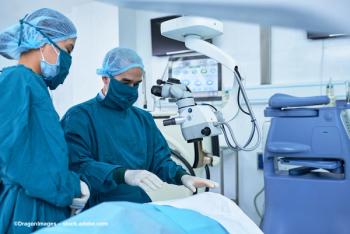
Jorge L. Alió, MD, PhD, FEBOphth, shared his pearls situations in which a patient presents with a cataract and corneal opacity at the European Society of Ophthalmology Conference, Prague.

Jorge L. Alió, MD, PhD, FEBOphth, shared his pearls situations in which a patient presents with a cataract and corneal opacity at the European Society of Ophthalmology Conference, Prague.

Scientists hope to develop novel AI solutions for the prediction of DPN using corneal OCT images.
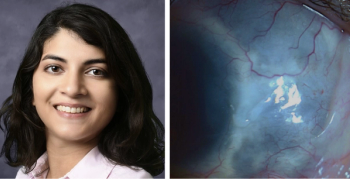
Dr Zeba A. Syed emphasises the importance of performing surgery sooner rather than later for patients with Pseudomonas scleritis

Ground-breaking treatment for bullous keratopathy approved in Japan

According to Bausch + Lomb and Novaliq, MIEBO is the first prescription eye drop approved for dry eye disease that directly targets tear evaporation, based on consistent results from a pair of pivotal Phase 3 trials.
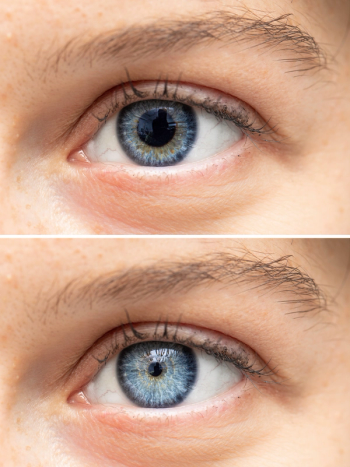
The announcement represents the first FDA-approved, fixed-combination of tropicamide and phenylephrine for mydriasis, according to the company.

Physician outlines latest emerging technologies to treat condition

A colourful look at how the keratopigmentation technique offers therapeutic and cosmetic applications.
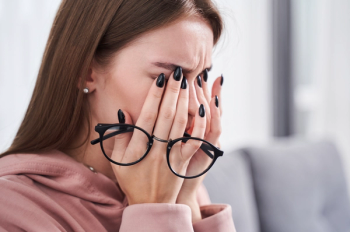
The Eye Rubbing Cycle Study yields cautions for patients with keratoconus and ocular surface disease.
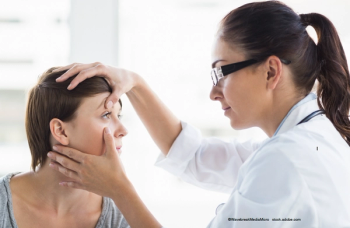
Regenerative technologies are providing an influx of options.
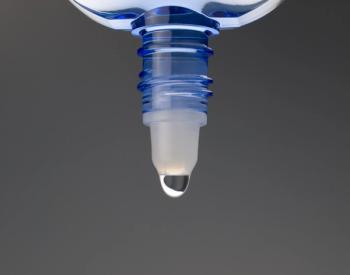
Patient centricity an important driver in topical development.
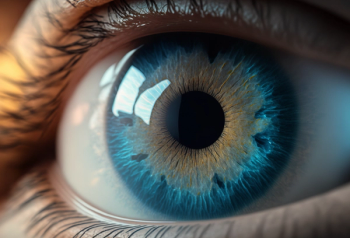
Look for fluctuating vision, test objectively and keep a few effective tools at your disposal to treat OSD.
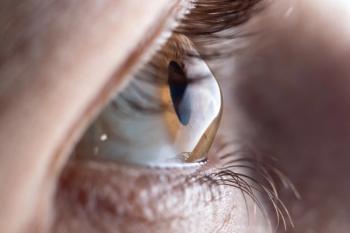
Stromal regeneration seems possible in patients with keratoconus.
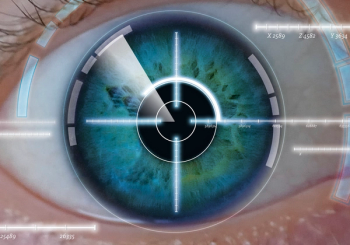
The technology will be available soon for ophthalmologists in select countries across Asia Pacific and Europe.

The Keralink Trial was the first randomized clinical trial that tested the hypothesis that corneal cross-linking (CXL) might decrease keratoconus progression in children compared with the use of spectacles or contact lenses.

Three recipients will each receive up to $10,000 toward their research on a 1-year project that can go toward additional training in specialty equipment or research methodologies.

Recent research suggests the need for routine HSV-1 and VZV PCR testing in all explanted corneas regardless of clinical suspicion to detect, treat, and prevent possible recurrence of herpes infection in corneal grafts and support graft survival.

Patients need to pay attention to their eye health over the long term.
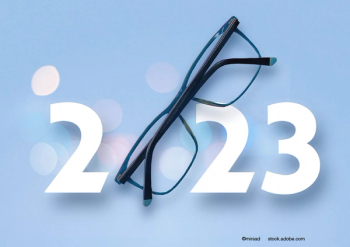
Members of the Ophthalmology Times Europe® Editorial Advisory Board were asked to predict developments in their ophthalmic specialties and interests for 2023. A focus is our ageing population, while efficiency and productivity are also on their minds. The board members agree that one of the major challenges in the year to come will be the large number of patients awaiting diagnosis and treatment, which is only going to increase with the rising average life expectancy worldwide.
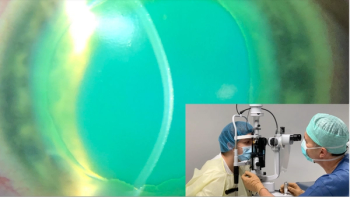
Corneal cross-linking (CXL) is improving all the time, although all protocols retain the basic requirements for oxygen, riboflavin and UV light. Recent developments mean that CXL at the slit lamp is feasible, which will improve access to the procedure.
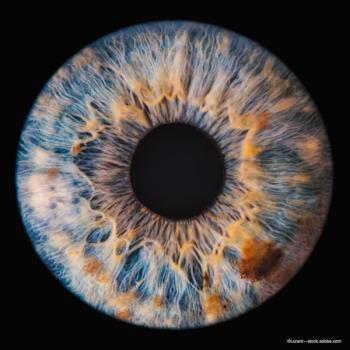
An end-of-week review of what happened in ophthalmology from 29 October to 3 November 2022.
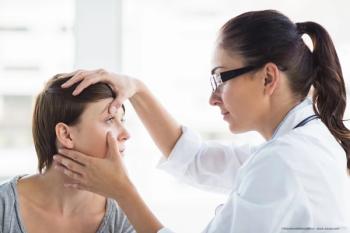
One clinician advises investigating prospective patients for history and evidence suggesting HSV keratitis, and monitoring for post-surgery epithelial defects.
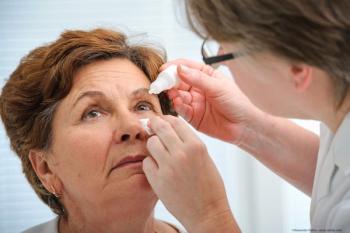
Gentle eye drops, laser or minimally invasive surgery, advising patients on safe viewing of electronic devices, and addressing eyelid disorders can all help to minimise adverse effects.
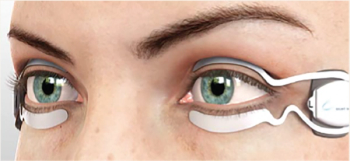
Methods using a combination of non-invasive thermal treatments and meibomian gland expression seem to be particularly effective.
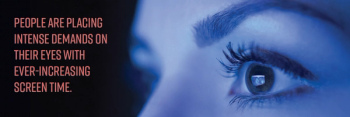
Patients appreciate the convenience and aesthetic improvements of light-based dry eye treatment, and it can also be applied elsewhere on the face.